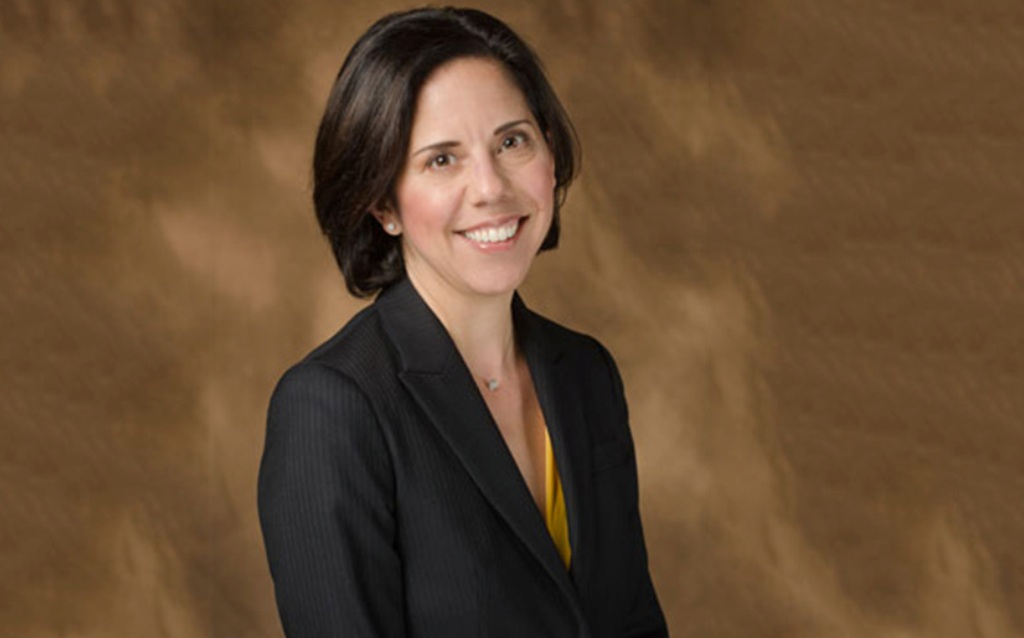
Lorelle L. Espinosa: The Era of Public Scholarship is Now
This October began with a momentous court decision. U.S. District Judge Allison D. Burroughs ruled in favor of Harvard University in a court case that challenged the consideration of race in the university’s admissions process. The decision vindicated those who have long advocated for race-conscious practices, yet we know that the case is not over. The plaintiff has already appealed the ruling, and the case is expected to eventually make its way to the Supreme Court.
This is remarkable given that the Harvard case comes less than three years after the high court upheld the narrowly-tailored consideration of race as one factor in a holistic admissions process. Fisher v. University of Texas represented the fourth time in four decades that the Supreme Court upheld such consideration.
Given the persistent racial equity gaps that continue to confront the American education system, it’s hard to imagine turning away from the consideration of race in admissions. Yet that is the trend before us. On the same day that the Harvard decision was handed down, a case against the University of North Carolina from the same plaintiff moved forward.
As my ACE colleague Peter McDonough and I noted in my recent op-ed with Peter McDonough for Inside Higher Ed, “higher education has a unique role and societal responsibility to open doors, create opportunity and contribute to upward intergenerational mobility.” Doing away with race-conscious practices not only limits necessary institutional autonomy, it also sends the message that race does not matter in America, when research on its importance across myriad disciplines is absolutely clear.
It is critical that academic research finds its way into these court cases, and into the public domain. One of the most impressive aspects of Judge Burroughs’ 130-page opinion was her in-depth discussion of the extensive research presented in the case—on both sides. Experts agree that such presentation of the research in a court opinion, both qualitative and quantitative, is practically unheard of.
Scholarly research has indeed played a critical role in Supreme Court cases on this issue. My own academic advisor and many others provided crucial evidence for the University of Michigan cases of 2003. In Fisher, the American Educational Research Association submitted an impressive amicus curiae brief. For the Harvard case, 531 scholars with expertise in Asian American studies, race, and college access submitted a brief to the court. Here at the American Council on Education, we draw heavily on scholarly sources, as well as our own original research, for the amicus briefs we submit.
Yes, evidence matters, now more than ever. In addition to the work that scholars put into amicus briefs and policy papers, they serve as advisors to legal counsel, and even start their own policy revolutions. For example, “Hack the Gates: Radically Reimagine Admissions,” a collaboration between Colorado State University’s RISE Center and ACCEPT, a community of college admissions professionals. The Pullias Center’s own Julie Posselt has had enormous influence on the admissions community, namely those who conduct graduate admissions. Her book, Inside Graduate Admissions: Merit, Diversity, and Faculty Gatekeeping, has garnered widespread attention by graduate deans and Washington DC-based professional associations alike.
At ACE, we are working with scholars to accessibly unpack complex issues of race and ethnicity for policymakers and practitioners—a necessary role for an organization with our reach and responsibility. Our latest is a podcast interview with Dr. Julie Park from the University of Maryland, College Park. The Pullias Center and university research centers like it are also critical platforms.
The era of public scholarship is now—are you ready?!